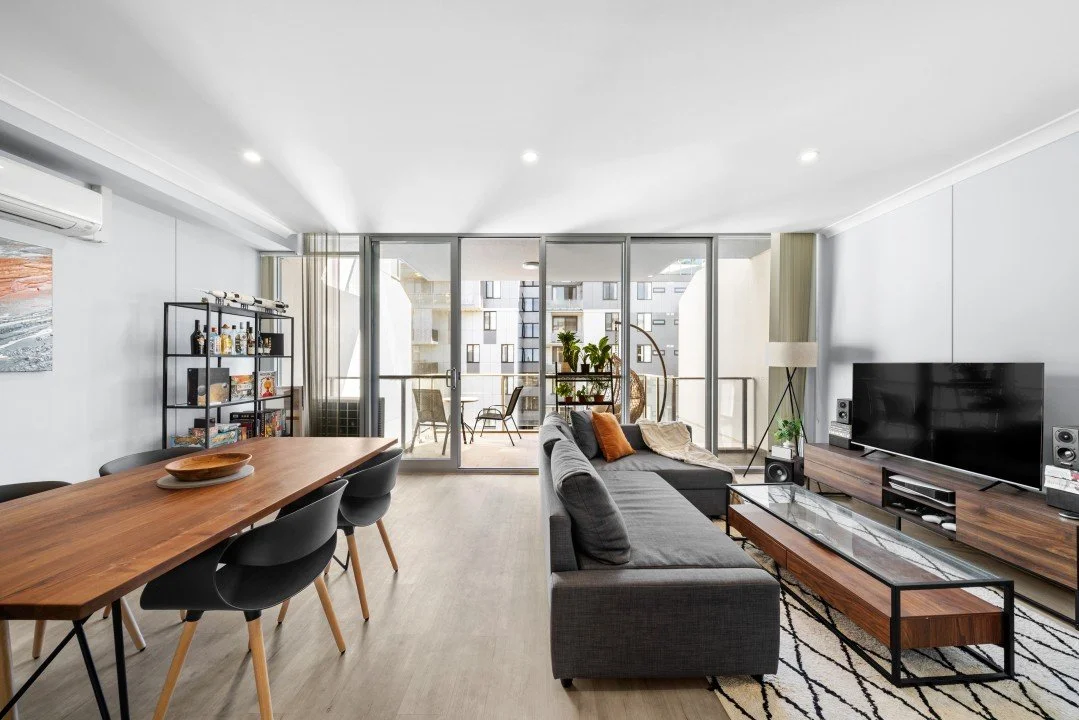CONFUSED ABOUT HOME LOAN APPROVALS?
/Ready to buy a property? Then you should consider obtaining a pre-approval from a lender. Pre-approval – also known as Conditional Approval or Approval in Principle – is an indication from a lender as to how much you can borrow from them. If you have pre-approval, vendors and agents know you’re serious about buying and are well prepared. It can also save you critical time once you have found a property and need to close the deal. Here are the steps you need to follow.
1. Prepare a Budget
Before you talk to anyone prepare a realistic plan. Formulate your own idea on how much you can safely afford in loan repayments. How much are you paying in rent or loan repayments now? How much are you regularly saving in addition to this?
Prepare a list of all the items you regularly spend money on: your weekly food budget, spending on utilities, insurances, transport , car maintenance and running costs, education expenses and child care. Consider how much you like to set aside for regular entertainment and those all-important annual holidays.
Your maximum loan repayments should be limited by your lifestyle, not the other way around!
2. Gather your financial information
Now you are ready to talk with a loan consultant or mortgage adviser. To get confirmation of how much you can borrow, and therefore what you can afford to buy, the lender will require a comprehensive understanding of your income(s), expenses and other liabilities. Be prepared to provide verification of everything. The types of documents you will need to prepare are:
- Your personal ID - driver's licence or passport
- Pay slips and PAYG Summary if you are an employee; or
- Income tax returns and ATO Assessment Notice if you are self-employed
- Evidence of other important assets such as your savings account statements, superannuation details, property rate notices etc
- Loan statements for existing loans.
- Statements for each of your credit cards.
3. Seek Professional Advice
Make an appointment to speak to a mortgage broker. Most will provide a list of what you need to bring with you, such as the evidence explained above and the required forms of ID.
At the appointment, your broker will use your information to verify your borrowing capacity and help you to prepare a detailed scenario for your purchase. She can also help you to identify which lender or lenders are likely to provide you with a solution that best fits with your needs and to complete the necessary application information.
These days there are relatively few forms to complete since most information is entered through the lenders' online portals.
4. Credit check
An important aspect of the pre-approval process is that your broker, or the lender, will make a check of your credit file held with an independent credit reporting agency such as Veda Advantage. In most cases this is a formality, but it does provide an extra level of verification that no issue exists that may affect whether or not you can borrow money, or how much you can borrow.
5. Your conditional approval
Assuming your application meets with the selected lender's requirements, you will receive a written Conditional Approval Advice or letter on the lender's letterhead.
Note: This is an indication, not a guarantee, of the amount you can borrow. But it does allow you to house hunt with greater confidence. It also shortens the process once you have found a property, because in most cases you can then return to the same lender requesting that your conditional approval be upgraded to a formal or unconditional approval which takes less time.
The pre-approval letter is usually valid for 90 days. Keep this copy with you and note carefully the conditions specified because you will later be required to satisfy all of them. But also be prepared that most lenders will require you to provide some updated documents (eg your latest pay slip) when asking for formal approval if too much time has elapsed.
What can go wrong?
Common issues that can prevent a pre-approval converting to a formal approval include:
- the property you buy does not fit with the lender's policy (eg too small, incompatible zoning, or in a high density location)
- The lender's valuation of the property is lower than your purchase price
- your circumstances change - eg if you change jobs or take out other liabilities that were not present at the time of your application
- the lender's policy changes - lenders are regularly updating their policies and this can affect pre-approvals
So before you commit to a property it is essential that you confirm with your broker that the property is suitable security and that you understand the risks in proceeding with your offer to purchase or bid at an auction. Ideally you should never commit to a purchase unless you have an unconditional approval in writing from a lender.








